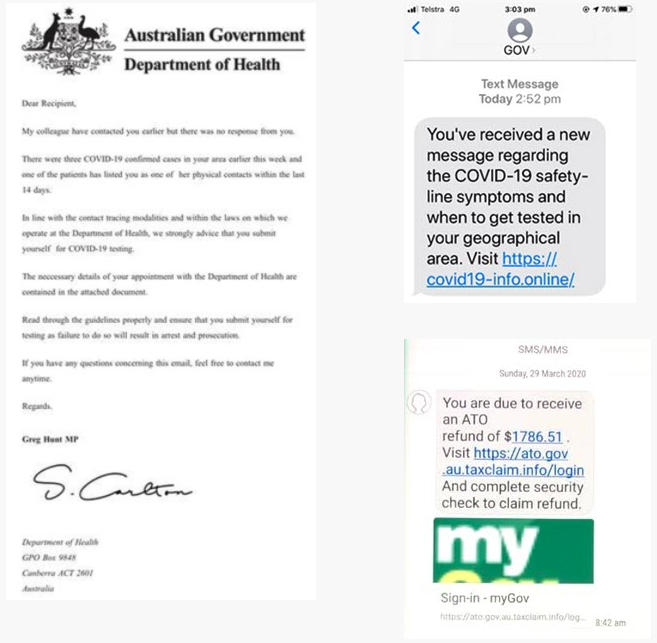
The ongoing pandemic has provided scammers new opportunities to swindle Aussies out of their hard-earned cash. And now, as people gear up to get their Covid-19 jabs, scammers are out in full force.
The Australian Competition and Consumer Commission’s Scamwatch website is now warning Aussies to be on the look out for a variety of Covid vaccination scams making the rounds both in Australia and overseas.
These include; requesting payment for vaccines or for early access to vaccines, offers to mail vaccines, offers to pay money as an investment opportunity in the Pfizer vaccine and fake surveys related to vaccines that offer prizes or early access.
To avoid falling victim to these scams, Scamwatch has shared some helpful tips. The organisation warns against giving out personal information to someone who calls you about the vaccine and clicking on links in unexpected emails or text messages as they may contain malware and give your personal information to a scammer.
Scamwatch also reminded Australians that the Covid-19 jab is free and you will not need a prescription from a GP to get vaccinated, so if someone calls or emails you saying something along the lines of ‘pay to get on a vaccination list’ or ‘pay for early access to a vaccine’, it’s a scam.
If you’ve already received your jab, then you’d know that vaccines are either being delivered through vaccination clinics run by the states and territories, certain doctor surgeries, and even some aged care facilities. You can find a full list of the participating practitioners here.
To make an appointment, head to the Department of Health website. Using the Eligibility Tracker, you can find out which phase of the rollout you are in. If you’re eligible, you’ll be able to view vaccination clinics and book an appointment online or via phone. If you prefer not to use the online option, you can call the National Coronavirus and Covid-19 Vaccination Helpline on 1800 020 080.
Since the Covid-19 outbreak hit Australian shores in 2020, Scamwatch has received more than 6,415 coronavirus scam reports, with more than $9,800,000 in reported losses. One of the other Covid scams making the rounds is a government impersonation scam. According to Scamwatch, scammers are pretending to be government agencies by sending through information on Covid-19 via text message or email. However, these texts or emails contain malicious links and attachments designed to steal your personal and financial information.
Scammers are also pretending to be government agencies and other entities offering to help you with applications for financial assistance or payments for staying home.
Scamwatch has shared several examples of these scams below.
